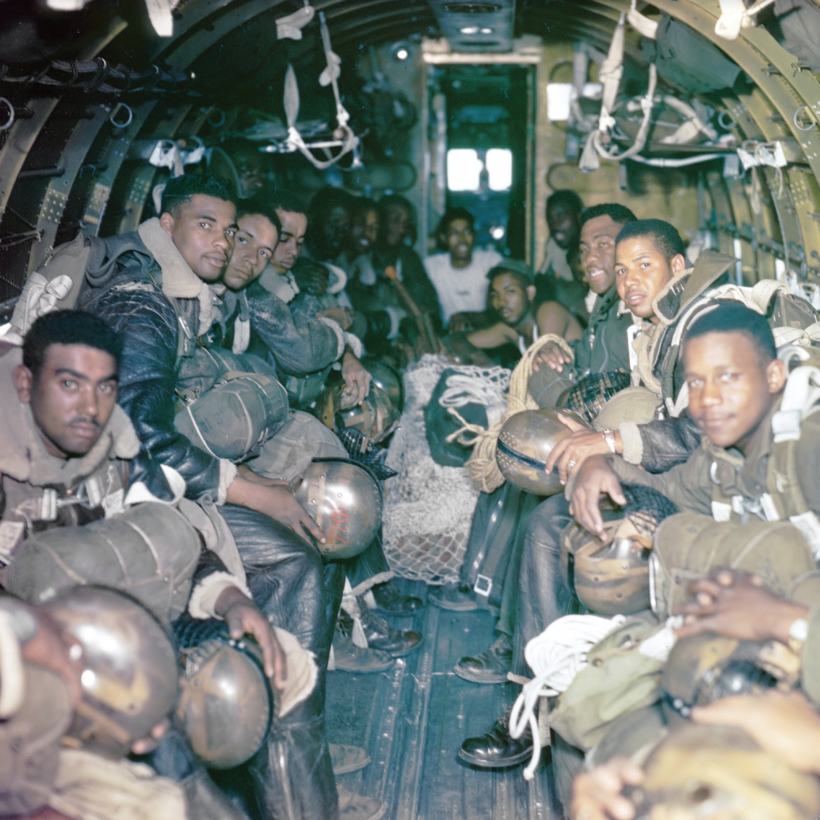In the summer of 1946, Martin Luther King Jr. was outraged. Over the course of a week, King—then a 17-year-old student at Morehouse College, in Atlanta—had received news of multiple lynchings in Georgia.
George Dorsey, a Black World War II veteran, had been home for less than a year when he, his wife, Mae Murray, and their friends Dorothy and Roger Malcolm were shot 60 times at close range by a white mob in Walton County. Dorothy was seven months pregnant at the time. These killings came just days after Maceo Snipes, an army veteran, was fatally shot on the steps of his farmhouse.

